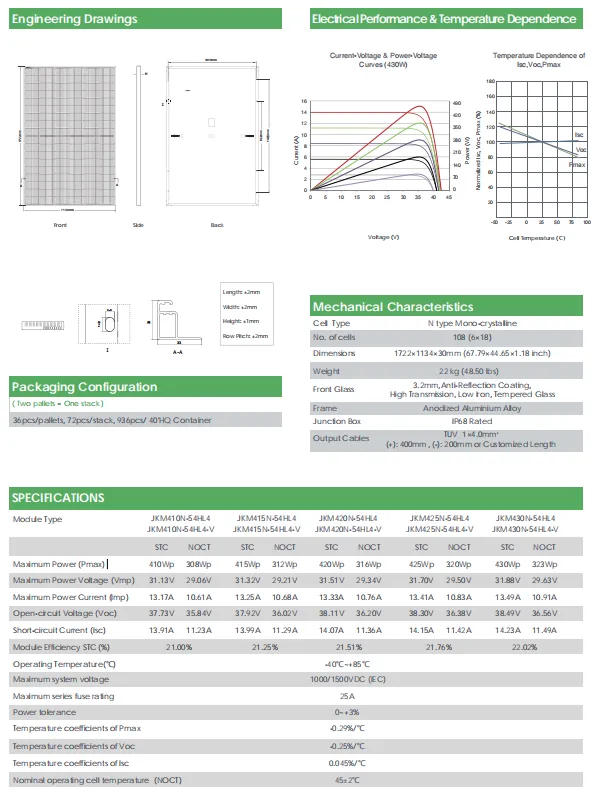Solar Photovoltaic System - Harnessing Solar Energy for a Sustainable Future
The Rise of Solar Photovoltaic Systems Harnessing Solar Energy for a Sustainable Future
In recent years, the conversation surrounding renewable energy has gained significant momentum, with solar photovoltaic (PV) systems at the forefront of this transformation. As the world grapples with the pressing challenges of climate change and dwindling fossil fuel reserves, solar energy has emerged as a promising solution. Solar photovoltaic technology harnesses sunlight and converts it into electricity, providing a clean, sustainable source of power that is becoming increasingly accessible.
The fundamental principle behind a solar PV system lies in the photovoltaic effect, where certain materials generate electric current when exposed to sunlight. PV cells, typically made from silicon, are the building blocks of solar panels. When sunlight strikes these cells, it excites electrons, creating a flow of electricity. This electricity can be used immediately, stored in batteries for later use, or fed into the electrical grid, making solar power an incredibly versatile energy source.
One of the most significant advantages of solar photovoltaic systems is their ability to reduce electricity bills. By generating their own power, homeowners and businesses can significantly decrease their reliance on traditional energy sources. In many regions, government incentives and rebates further enhance this financial appeal, making solar installations increasingly attractive. As the cost of solar technology continues to decline, the return on investment for solar systems has become more favorable, encouraging widespread adoption.
solar photovoltaic system

Moreover, solar PV systems contribute to energy independence. Countries reliant on imported fossil fuels can reduce their vulnerability to fluctuating global energy markets by investing in domestic solar energy production. This shift not only bolsters national security but also fosters local job creation in manufacturing, installation, and maintenance of solar technologies.
The environmental benefits of solar energy cannot be overstated. Unlike fossil fuels, solar power emits no greenhouse gases during operation, significantly mitigating the impact of climate change. Additionally, solar energy is abundant and inexhaustible, as the sun provides more energy in one hour than the entire world consumes in a year. By embracing solar PV technology, we can transition to a more sustainable energy future, steering away from the polluting practices of the past.
Despite the clear advantages, challenges remain in the widespread adoption of solar PV systems. Issues such as land use, resource availability for manufacturing solar panels, and the need for effective energy storage solutions must be addressed. However, with ongoing advancements in technology and a growing commitment to renewable energy, the potential for solar photovoltaic systems to transform our energy landscape is immense.
In conclusion, solar photovoltaic systems represent a vital component in the quest for sustainable energy. By harnessing the power of the sun, we can create a cleaner, more resilient future for generations to come, paving the way for a world powered by renewable resources.
-
Unlocking Energy Freedom with the Off Grid Solar InverterNewsJun.06,2025
-
Unlock More Solar Power with a High-Efficiency Bifacial Solar PanelNewsJun.06,2025
-
Power Your Future with High-Efficiency Monocrystalline Solar PanelsNewsJun.06,2025
-
Next-Gen Solar Power Starts with Micro Solar InvertersNewsJun.06,2025
-
Harnessing Peak Efficiency with the On Grid Solar InverterNewsJun.06,2025
-
Discover Unmatched Efficiency with the Latest String Solar InverterNewsJun.06,2025







